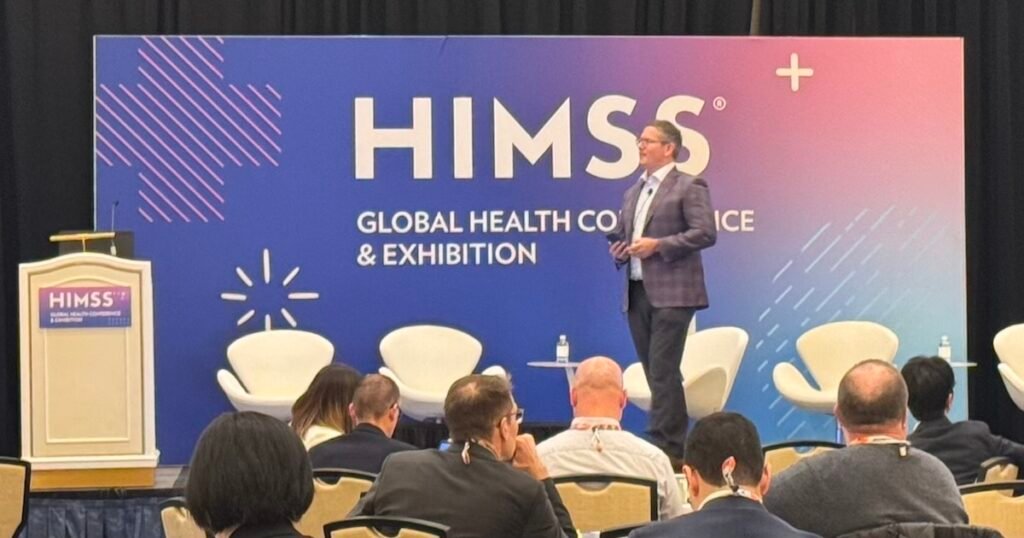Unlocking the Power of AI in Healthcare: Forecasting and Improving Care
During the Smart Health Transformation Forum at HIMSS25 in Las Vegas, Matt Cybulsky, healthcare leader for AI at Ionian Consulting, delved into the potential of AI in revolutionizing healthcare. Despite the transformative impact of AI on various aspects of our lives, Cybulsky emphasized that it is not a silver bullet for all healthcare challenges. Ethical considerations, data integrity, and privacy concerns must be at the forefront when deploying AI in healthcare.
Navigating the Complexities of AI in Healthcare
Cybulsky highlighted the pressing need for AI in healthcare due to a dwindling clinical workforce and the rising demand for care. With advancements in AI technology, there is a real opportunity to enhance patient outcomes and operational efficiency in healthcare settings. By leveraging AI tools, healthcare organizations can achieve rigorous and reliable results that surpass human capabilities.
Harnessing Data for Precision Forecasting
One of the key advantages of AI in healthcare is its ability to analyze vast amounts of data to make precise forecasts. Cybulsky shared an example of how a firm combined CMS claims data with transaction data from debit and credit cards to predict key metrics such as length of stay, revenue per inpatient, and risk of inpatient admission. By incorporating demographic information, AI can provide valuable insights for better decision-making in healthcare.
Balancing Efficiency and Empathy in Healthcare
While efficiency is crucial in healthcare delivery, Cybulsky emphasized the importance of maintaining the human touch in the doctor-patient relationship. AI should not only focus on streamlining processes but also on fostering emotional connections and personalized care. Striking a balance between efficiency and empathy is essential for the successful integration of AI in healthcare.
Overcoming Challenges and Embracing the Future of AI
Despite the promise of AI in healthcare, there are challenges that need to be addressed, such as the unstructured nature of 80% of healthcare data. To fully harness the potential of AI, healthcare organizations must prioritize data accessibility and integration into AI algorithms. By addressing these challenges, the future of AI in healthcare holds immense possibilities for improving patient care and operational efficiency.


